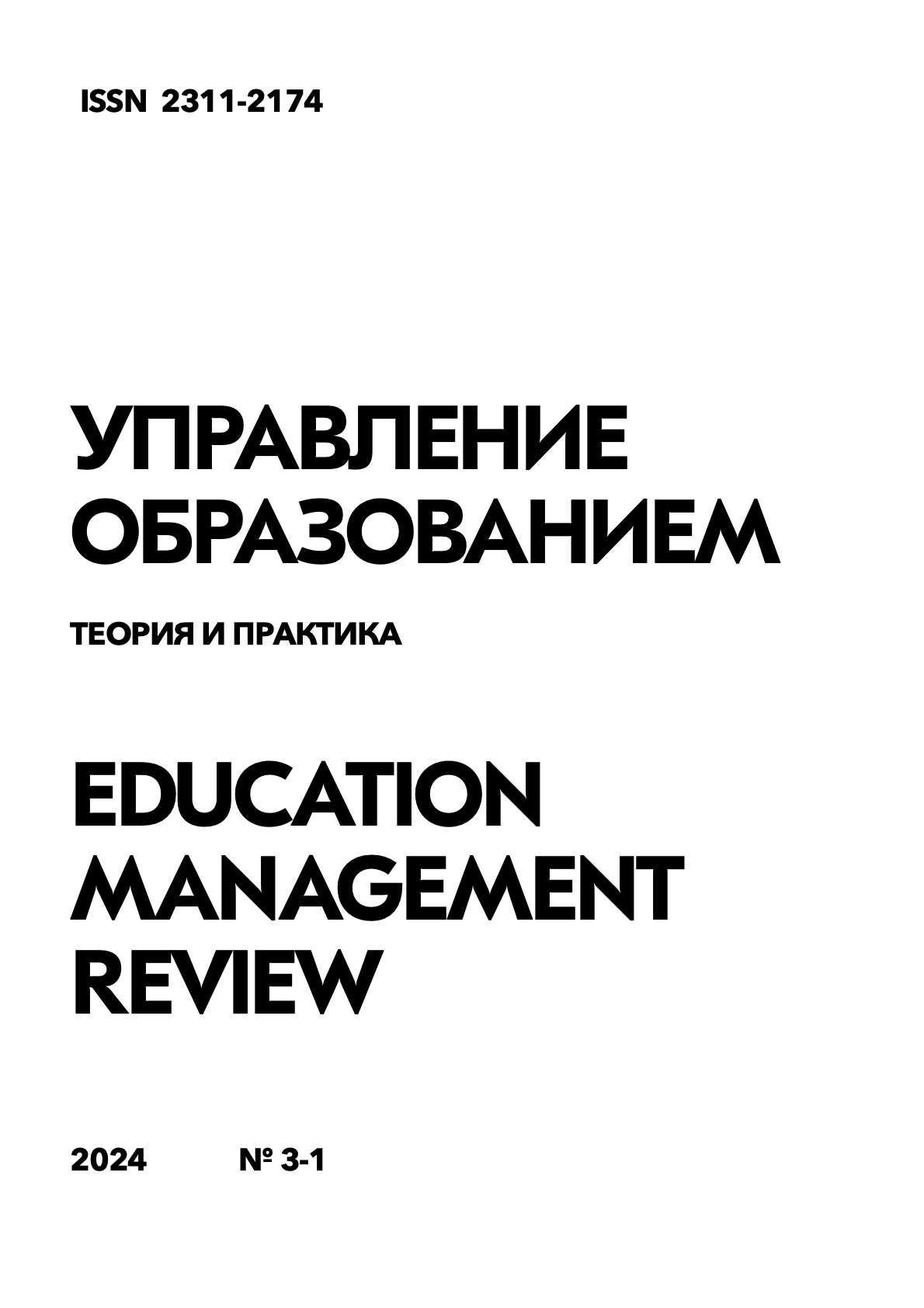Formation of students' understanding of non-traditional concepts in teaching the course "Concepts of Modern Natural Science"
DOI:
https://doi.org/10.25726/q6527-8919-9868-nKeywords:
concepts of modern natural science, non-traditional approaches, innovations in education, critical thinking, pedagogical experiment, education managementAbstract
The relevance of the research is due to the need for students to form a holistic worldview, the ability to critically comprehend a variety of scientific information. The aim of the work is to identify pedagogical conditions for the effective development of non-traditional concepts in the framework of the course «Concepts of modern natural science». Tasks: 1) to determine the place of non-traditional approaches in the structure of natural science knowledge; 2) to develop a methodology for their contextual study; 3) to experimentally verify the effectiveness of the proposed methodology. Theoretical analysis of the literature, modeling of the content and structure of the course, pedagogical experiment, statistical processing of the results. The empirical base consists of 250 students of 1-2 courses in various fields of study. Experimental training was conducted in 4 groups (n=120) for one semester. The results were verified using standard assessment tools and procedures. Results. The developed methodology, based on the principles of problemativeness, dialogicality and the inclusion of nontraditional approaches in the general scientific context, provides: 1) increasing students' motivation to study natural sciences; 2) developing critical thinking and methodological reflection; 3) forming attitudes towards cognitive tolerance and the synthesis of traditions and innovation. The obtained results contribute to the theory and practice of updating the content of natural science education. The prospects of interdisciplinary integration and contextualization of educational knowledge are shown. The vectors of further research are outlined: the development of problem-based heuristic learning technologies, the validation of assessment tools and the dissemination of experience to other subject areas.
References
Бордовская Н.В. Современные образовательные технологии: учебное пособие. М.: КноРус, 2010. 432 с.
Гусев Д.А. Концептуальные подходы к развитию высшего образования в контексте инновационных процессов // Современные проблемы науки и образования. 2019. № 3. С. 76-82.
Делокаров К.Х. Концепции современного естествознания: учебное пособие. М.: НИЯУ МИФИ, 2010. 240 с.
Ивлев В.Ю., Ивлева М.Л., Иноземцев В.А. Кризис традиционной образовательной системы в эпоху смены научных парадигм // Известия МГТУ «МАМИ». 2013. Т. 6. № 1(15). С. 230-235.
Карпов А.О. Научное познание и системогенез современной школы // Вопросы философии. 2003. № 6. С. 37-53.
Князева Е.Н., Курдюмов С.П. Основания синергетики: синергетическое мировидение. М.: ИД «Либроком», 2010. 256 с.
Лебедев С.А. Философия науки: краткая энциклопедия. М.: Академический Проект, 2008. 692 с.
Мамчур Е.А. Проблема выбора теории. М.: Наука, 1975. 232 с.
Меськов В.С., Мамченко А.А. Образование для обществ знания: постнеклассическая модель образовательных процессов // Ценности и смыслы. 2010. № 2(5). С. 17-49.
Степин В.С. Классика, неклассика, постнеклассика: критерии различения // Постнеклассика: философия, наука, культура. СПб.: ИД «Міръ», 2009. С. 249-295.
Трофимова И.Н. Эвристический потенциал постнеоклассических практик в образовании // Педагогика. 2012. № 4. С. 19-24.
Aguirre A., Vondracek D.W. Quantitative research methods in science education: Psychological and epistemological perspectives. Dordrecht: Springer, 2008. 233 p.
Doll W.E. A post-modern perspective on curriculum. NY: Teachers College Press, 1993. 232 p.
Hetherington L. Complexity thinking and methodology: The potential of «complex case study» for educational research // Complicity: An International journal of complexity and education. 2013. Vol. 10. № 1/2. P. 71-85.
Smitherman Pratt S. Complex constructivism: Rethinking the power dynamics of «understanding» // Journal of the Canadian Association for curriculum studies. 2008. Vol. 6. № 1. рр. 113-132.




